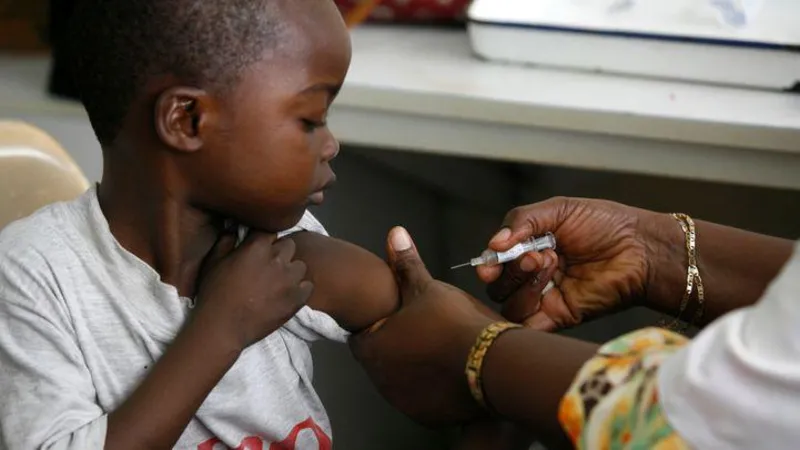Despite ongoing fuel shortage and persistent queues nationwide, about 97% of Dangote Refinery’s products remain unsold due to local marketers’ refusal to purchase them.
Speaking recent on X (formerly Twitter) space hosted by Nairametrics, Devakumar Edwin, Vice President of Dangote Industries Limited, noted that local traders are shunning the refinery’s products in favour of more expensive imported fuels.
Edwin stating the initial goal of the Dangote Refinery: to reduce Nigeria’s dependency on foreign petroleum products by refining local crude oil. “The whole purpose of doing this refinery in Nigeria was to utilise our local crude instead of exporting raw materials and importing finished products,”Edwin explained. “We should be able to refine and use the finished products within Nigeria and produce more to export the surplus.”
Despite its substantial production capacity, the refinery is only seeing about 3% of its output purchased domestically, with the rest being exported. This is due to a boycott by local marketers who are refusing to buy the refinery’s products, even though they are priced lower than imported alternatives.
Local marketers have even approached President Bola Tinubu, complaining that the refinery’s lower prices are disrupting the market. Edwin revealed, “They wrote to His Excellency, the president, claiming that we are disturbing the market by dropping our prices.”
He added, “Efforts to lower prices further have only intensified resistance from these traders.”
The refinery’s struggle is compounded by inconsistent local crude supplies and higher prices for imported crude. Edwin noted that while the refinery’s capacity could cover all of Nigeria’s petroleum needs, including 54 million liters per day, local supply issues have forced it to rely on imports.
Aliko Dangote, Africa’s richest man, had previously announced that the refinery’s diesel supply led to a significant price drop.
Diesel prices fell from approximately N1,700 to N1,000, reflecting a 60% decrease. However, despite this reduction and rising exchange rates,they have managed to keep the price of diesel below N1,200.
The National Bureau of Statistics revealed that Nigeria’s petrol import bill surged to N3.22 trillion in the second quarter of 2024, marking an 87.09% increase from the previous year.
In light of this, the Dangote Refinery has indicated that it may resort to exporting Premium Motor Spirit (PMS) if domestic buyers continue to reject it.



